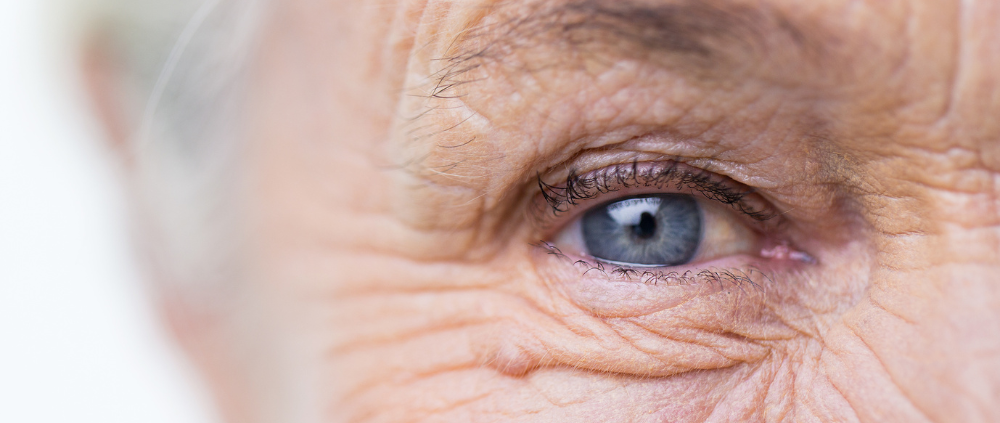Does Autism Get Worse with Age?
Even though autism spectrum disorder has become more prevalent in recent years, there are still a lot of questions that parents have about ASD. One common question that people have is: Does autism get worse with age?
That’s a natural question to ask, as many developmental disorders can get worse over time. With autism, there is a lot that is still being studied, as professionals become better at not only diagnosing ASD but understanding it fully.
Many recent studies have also shed new light on autism spectrum disorder, what happens to children who are diagnosed with it over time and what can influence their outcomes in a positive way.
Below, we discuss these topics to provide insight on how autism can change over time.
Table Of Contents
Does Autism Get Worse with Age?
The quick answer to this question is that autism doesn’t get worse with age necessarily, per say. That being said, just like children change over time, so, too, do the symptoms of autism.
Children experience a lot at an early age as they’re learning about themselves and the world around them. Even children who don’t have autism experience changes in behaviors as they get older based on a number of factors.
These factors can have an even greater influence on the behaviors of children with autism, who typically have a tougher time communicating, interacting with others in social situations and adjusting to new environments, stimuli and inputs.
What this means is that autism symptoms may become more pronounced over time, depending on how a child is able to process the new information, inputs and environments that they are faced with as they get older.
Some people might end up becoming aware of their own social differences, for instance, as they get older — as they compare themselves to their peers when they’re adolescents or adults.
In addition, some people who have autism could experience an overload of sense when they age. This could result in it becoming more difficult for them to tolerate bright lights, crowded spaces and/or loud noises, for example.
Autism Characteristics Might Change in Children
A team of researchers from the UC Davis MIND Institute discovered some surprising information about autism symptoms. Some children may experience significant changes in their ASD symptoms between the age of 3 and 11.
Their study, titled “Identifying autism symptom severity trajectories across childhood,” was first published back in 2020. That initial study only looked at how autism symptoms in children changed between the ages of 3 and 6.
A subsequent study by the same team built on the original, studying the change in ASD symptoms from 3 to 11 years old.
What the researchers found was that some children experienced a significant decrease in autism symptoms as they got older, while other children experienced an increase in severity.
There were a number of influences that factored into this change, according to the researchers, including the age of the parents, the family’s socioeconomic level, the type of intervention the child gets and how much as well as other environmental factors.
In general, the study found that children who had parents who were older, had higher socioeconomic levels and were exposed to more treatment were more likely to see their symptoms actually improve with age.
But, that, of course, doesn’t tell the whole story.
“To understand autism, you can’t simply take a snapshot at any one point in time,” said David Amaral, a UC Davis distinguished professor who was the senior author on the study. “Just like children develop over time, the features of autism also develop and change over time.”
Intervention Plays a Significant Role in Outcomes
As the UC Davis study pointed out, and other studies have highlighted as well, intervention plays a significant role in improving the outcomes for children who have autism. One of the most effective interventions is known as applied behavioral analysis, or ABA therapy.
Using a science-based approach, ABA therapy helps children with autism improve their communication and develop other social, emotional and practical skills they need to succeed in life. Today, ABA therapy is viewed as an all-encompassing treatment for children with autism, as it integrates not just one-on-one time with an ABA therapist and their patient but their family and/or caregivers as well.
This makes it easier for the family to support the child better at home and in different environments when the ABA therapist is not administering the treatment plan.
Blue Gems ABA is one of the most experienced and trusted ABA therapy providers in the country. Our trained and certified professionals have the expertise, the knowledge and the care to help children with autism truly shine and succeed.
For more information about Blue Gems ABA, please contact us today.




